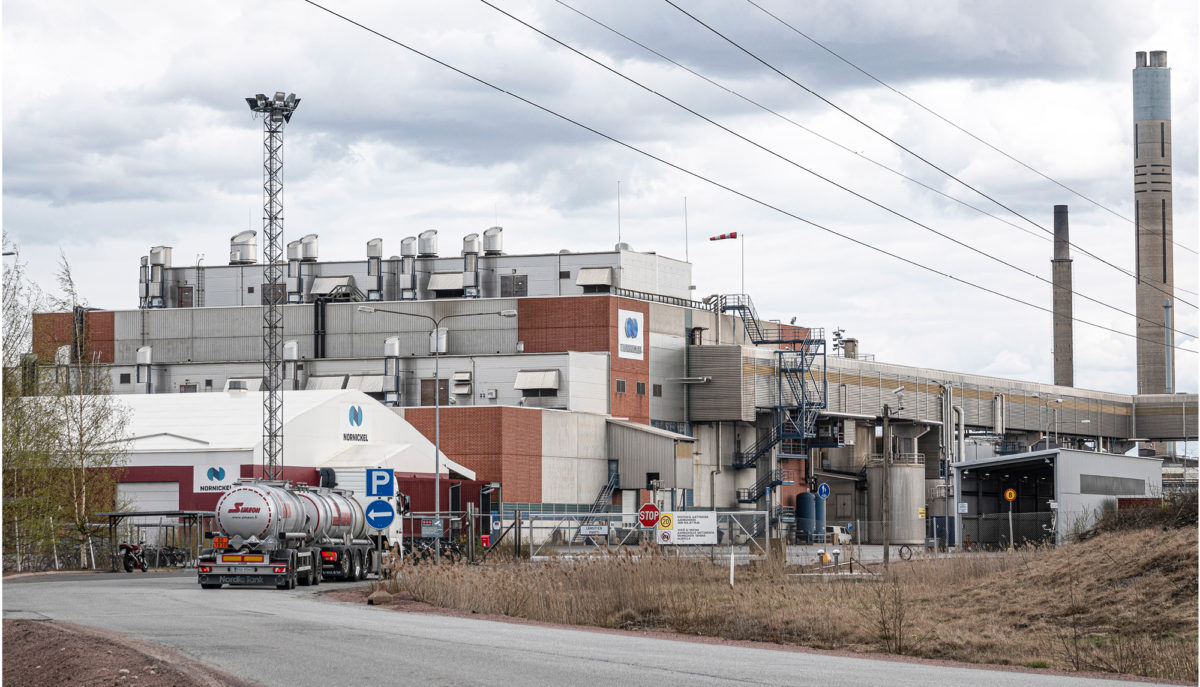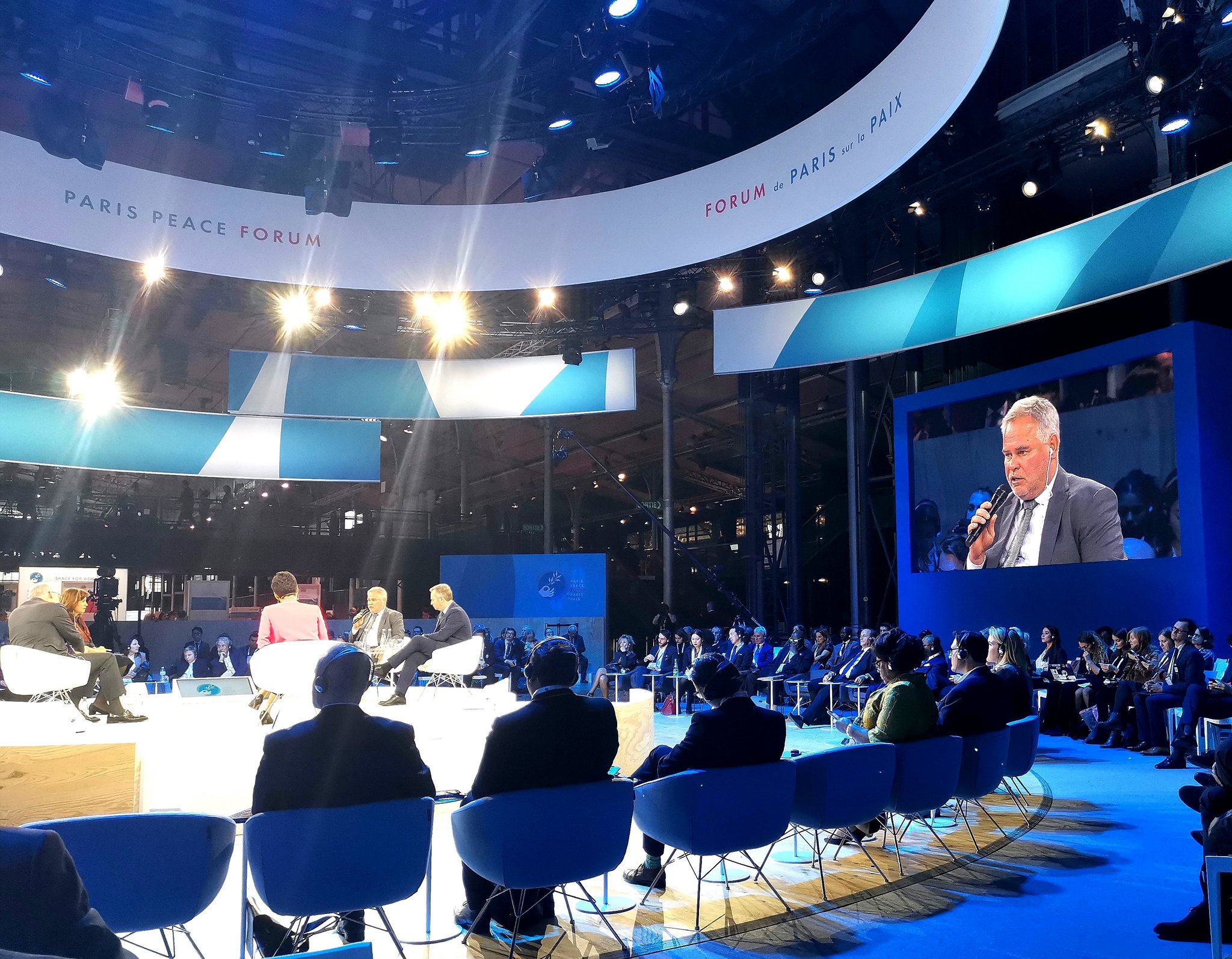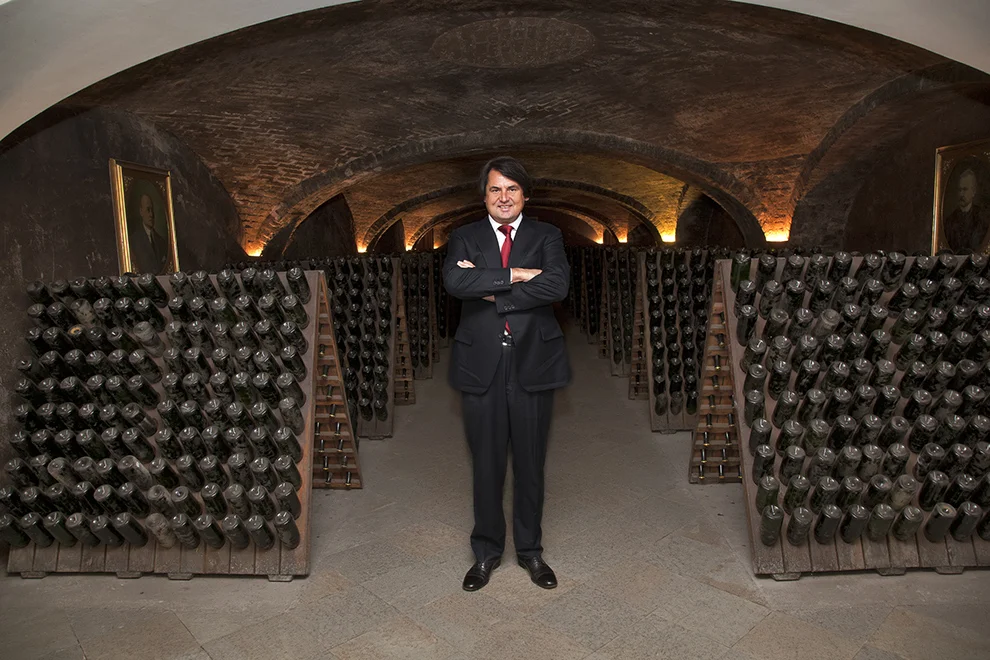EU Transparency Register: keeping track of the lobbyists that influence policy and law-making at the European institutions
The EU Transparency Register is a database on which companies, public organizations, government agencies, law firms and lobby associations must put their interest representatives. In addition to that, they must describe the goal of the lobbying activities, state the list of their clients and provide an approximate amount of funds (the minimum and the maximum figure) spent on lobbying in the previous fiscal year. The law requires lobbyists to register their meetings with EU officials and members of the European Parliament and briefly describe the subject of such meetings. It goes without saying that informal and off-record contacts outside the walls of the official buildings never make it to the register.
Since 3 June 2022, the EU banned all (!) Russian lobbyists (regardless of the existing sanctions) from directly promoting their interests at the European Parliament and the Commission which also denied them registration in the Transparency Register. This caused the most notorious Russian companies such as Gazprom, Lukoil, Russian Railways, Rosatom, RUSAL etc., which used to keep people with the right of access to the main European decision-making centers on a retainer for years, to disappear from the register as at the beginning of 2023.
However, we believed that they must have left some kind of trace somewhere. Our assumption was that the Russians would continue lobbying their interests through a) their subsidiaries with head offices in Europe, and b) international trade associations which would keep their contacts with Russian businesses under wraps and provide their services anyway.
Our hypothesis was partially confirmed. We found up to half a hundred records in the Transparency Register which might point at a backdoor still left for the Russians that intend to influence European officials. It should be stressed, however, that all those cases involve the existence of registered lobbying “licenses” without any mention of officially registered meetings.
Russian-controlled companies
Norilsk Nickel Harjavalta Oy, the Finnish subsidiary of Norilsk Nickel corporation, the world’s largest producer of palladium and high-grade nickel as well as a major supplier of platinum and copper, has the official lobbyist status and is owned by oligarch Vladimir Potanin, Russia's second-richest man in 2022 according to Forbes. The list of the interests pursued by the “Finns” includes the EU legislation on environmental protection, waste management, employment, and chemicals. Potanin’s business avoided the sanctions due to the critical importance of nickel for the production of batteries and semiconductors. The man himself is under personal sanctions imposed by the United States, the UK and Ukraine.

Photo credit:: https://insinoori-lehti.fi/
The Swiss EuroChem Group AG, one of the largest producers of mineral fertilizer, is also registered as a lobbyist. The Swiss lifted the sanctions from the company only when Andrey Melnichenko (Forbes Russia No. 9) formally turned over the control of the business to his wife Alexandra. That being said, the sanctions against Mr Melnichenko imposed by the United States, the UK, the EU, Switzerland, and Ukraine remain in place.
Aughinish Alumina Ltd, the Irish-registered subsidiary of Oleg Deripaska’s (Forbes Russia No. 50) RUSAL is free to lobby the oligarch’s interests in the EU. Despite the resistance of conservation activists and farmers, the local government has recently green-lighted the company’s plan to expand its sludge dump which would enable its operations till 2039. Oleg Deripaska has been sanctioned by the majority of Western governments.
Thessaloniki Port Authority SA, which manages the port in the Greek city of Thessaloniki, is a legitimate lobbyist on the Transparency Register. The company is owned by the former member of the State Duma of the Russian Federation Ivan Savvidi (Forbes Russia No. 65). According to media reports Mr Savvidi owns an agricultural business in Russia, his foundation sponsors DPR, and his companies do business in the occupied Crimea. He has also been sanctioned by Ukraine.

Kaspersky Lab, the Russian multinational cybersecurity and anti-virus provider founded by Eugene Kaspersky (Forbes Russia No. 87) is actively involved in various projects in Europe. The accredited lobbyist on the Transparency Register is Kaspersky Labs Limited, its holding company. The Russian anti-virus business does not seem toxic to Europeans: Kaspersky's company participates in various cybersecurity projects and receives EU funding. In 2017, the UK authorities suspected Kaspersky Labs of spying on the UK officials and special services on behalf of the Russian government. The media also claimed that Kaspersky's connections within the FSB might jeopardize businesses in the United States and Western Europe.
According to the Transparency Register, the company received over €360,000 in EU funding in 2022 whereas the amount of EU grants in 2023 is expected to reach €1.3 billion. Kaspersky Labs has spent from 200 to 300 thousand euros on lobbying in the EU. Based on the NACP data, Ukraine has been the only country to sanction Kaspersky Labs which was also, також у свій список Kaspersky lab added to the Polish sanction list in a separate move from the EU.

Even “non-oligarchs” have their own lobbyists. For example, Dmitry Grishankov, the head of the International group of rating agencies RAEX, is a member of the advisory board of the German Rating-Agentur Expert RA. This is a subsidiary of RAEX, a leading non-credit rating agency based in Russia which Mr Grishankov has been running since 1999. According to the 2021 declaration, the firm spent 200-300 thousand euros on lobbying in the EU.
The Polish Grupa Azoty Spółka Akcyjna owned by В’ячеслав Кантор, Forbes Russia No. 27, is a good example of a company with Russian minority shareholders which is accredited as a lobbyist. Mr Kantor has been sanctioned by the EU, Switzerland, the UK and Ukraine. According to the official statement, of the Group, he has been denied access to his share in assets. That being said, the lifting of sanctions from Kantor was of the most discussed topics at the EU summit 2022.
he international German-based tourism company TUI AG owned by Олексій Мордашов, Forbes Russia No. 5, is also officially registered as a lobbyist. In January 2023, the company stated that it was open to a new major shareholder to replace the wealthy Russian who had been sidelined by the EU sanctions. It should be noted that Power Machines, another company controlled by Alexey Mordashov, facilitated the delivery of the gas turbine generators built at their factory in cooperation with Siemens to the occupied Crimea. The delivery resulted in the application of US sanctions on Mordashov’s business in 2018.

Photo credit: https://www.tourprom.ru/
VEON Ltd international telecommunications company registered in the Netherlands is also accredited as a lobbyist. LetterOne investment company which belongs to the sanctioned co-owners of the Ukrainian Alfa-Bank Mikhail Fridman (Forbes Russia No. 6) and Petr Aven (Forbes Russia No. 29) owns a 47% share of the holding company. According to the company's financial statement dated March 2023, its Russian assets have been effectively put on the auction block. Wintershall Dea established after the merger with BASF, its majority shareholder today, is another Fridman's asset from the register. As a former partner of Gazprom, the company used to have a number of assets in Russia and took part in joint projects. In March 2022, Fridman and Aven pledged to refrain from influencing LetterOne operations.
Another “minority” subject on the register is Pirelli & C. SpA. The company is partially owned by Rosneft according to the findings of a journalist investigation which were strongly denied by the management. Being a member of several industry associations, Pirelli is able to promote the shareholders’ interests both on its own behalf and through those platforms.
Two technology start-ups in which Russian billionaires are minority shareholders also have registered lobbyist status in the EU. Those are the Swiss-registered solar panel manufacturer Meyer Burger Technology AG and the British medical technology firm CMR Surgical. Petr Kondrashev (Forbes Russia No. 58) owns a 10% share in Meyer Burger as the largest shareholder whereas Egor Kulkov (Forbes Russia No. 43) owns a 32% one in CMR Surgical as the largest shareholder and director. Kulkov had a brief business partnership with Roman Abramovich in PharmStandard, Russia’s largest drug maker. Shortly after Russia’s invasion into Ukraine, UK’s National Health Service (NHS) urged public bodies to assess their business relations with CMR Surgical, the supplier of robotic surgical equipment, and review their contracts if necessary. Ukraine is the only country to have sanctioned Petr Kondrashev. As far as Egor Kulkov is concerned, the NACP has only recommended putting him on sanction lists.
Business associations
Membership in business associations which represent the interests of entire industries is another way of tapping into lobbying resources. In the times of business as usual, the membership of Russian companies and organizations in such associations seemed perfectly normal, but the full-scale war changed everything.
The registered members of the European Fuels Manufacturers Association FuelsEurope andі Concawe which conducts environmental impact studies include Lukoil. The company belongs to the sanctioned Vagif Alekperov Forbes Russia No. 10. Environmental activities have expressed numerous concerns that Lukoil's membership in that European trade association leaves a backdoor for the Russian company to lobby its interests at the EU level circumventing the direct ban on Russian influencing. Lukoil also owns the Italian Isab petrochemical plant which is registered as a lobbyist on Associazione fra le società italiane per azioni. Gancia wine factory, a member of the lobbyist association, членом лобістського об’єднання Unione Italiana Vini, belongs to the owner or “Russian Standard” Rustam Tariko (Forbes Russia No. 168).

Photo credit: Gancia / Forbes.ru
The European Association of Pump Manufacturers (Europump) whose members include the Russian Association of Pump Manufacturers, has the right to lobby the interests of its members with EU structures. However, a careful look past the unassuming “front” reveals enterprises which collaborate with Russia’s defense industry. For example, Kataisk Pump Plant proudly reports on building a large order of pumps commissioned by the Russian Defense Ministry. The Moscow-based JSC АТ “Vane Hydraulic Machines” (LGM), a manufacturer of pumps for nuclear submarines and other military applications, also works under defense contracts.
Black Sea Universities Network includes eight Russian universities from Rostov, Astrakhan, Saratov and other cities. Even a cursory look at their websites reveals their support of the SMO and cooperation with the colleges and universities of the terrorist LPR and DPR which is hardly surprising since they are state universities.
According to the Transparency Register, Brussels Energy Club (BREC) is an accredited lobbyist. This platform for energy and climate discussions is known for organizing various events with pro-Russian panelists. That fact, however, did not prevent top Ukrainian officials from attending. The BREC CEO is Nadežda Kokotović who was a long-time Chief of Staff to the CEO of NIS, the Serbian branch of Gazprom, and deputy CEO of Gazpromneft. NIS, Gazprom and Nord Stream 2 pipeline operator company proudly top of the list of BREC corporate partners. In 2022, BREC spent 10-25 thousand euros on lobbying in Brussels.
TEXTY contacted a number of business associations inquiring if there were Russian companies among their members and if the associations were using their lobbying capacity to promote their interests in the EU. EuroGeoSurveys, a not-for-profit organization which represents the Geological Surveys of Europe, responded that they had severed communication with all Russian organizations following Russia's invasion. The Council of Bars and Law Societies of Europe said that Russia's observer status in the organization had been terminated in February 2023. World Nuclear Association confirmed that Rosatom continued to remain a member with the organization although they did stress explicitly that WNA does not lobby Rosatom’s interests in the EU.
The European Commission informed TEXTY that the Commission representatives had stopped meeting Russian lobbyists after the beginning of Russia’s invasion. “The Commission officials were given official instructions (on 7 July) not to hold meetings with organizations or individuals including those listed on the Transparency Register” read the response of the EC speaker to our inquiry. They also added that the instruction also applied to the Russian members of professional associations established in the EU. That being said, the Commission may individually review the registration subject’s connections with the Russian government or Russia's strategic interests on a case-by-case basis.

